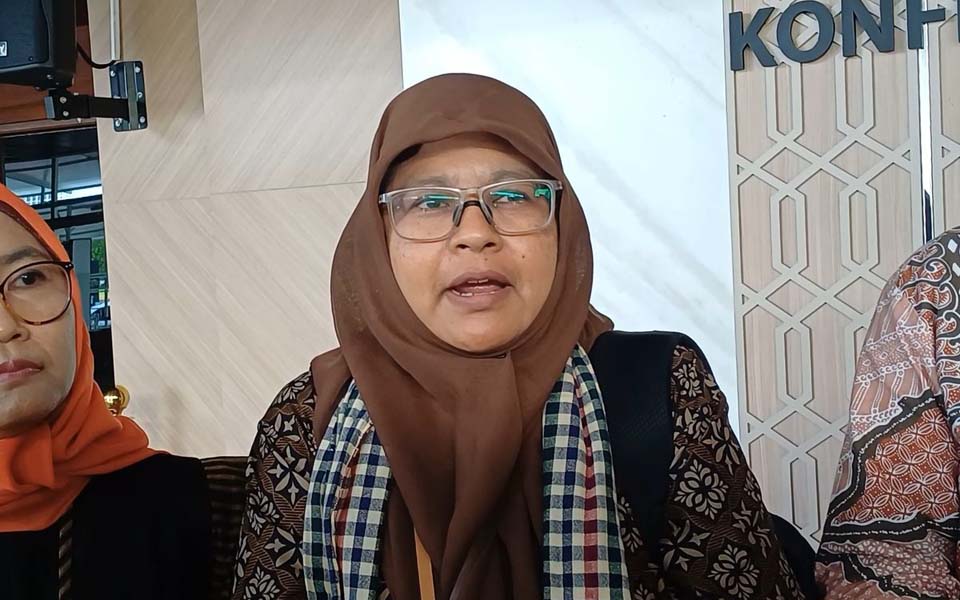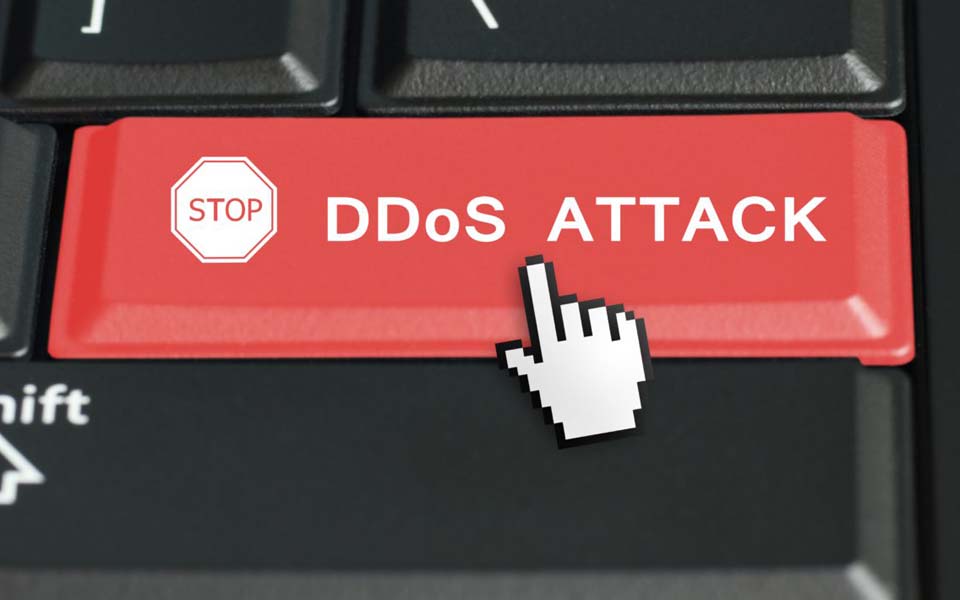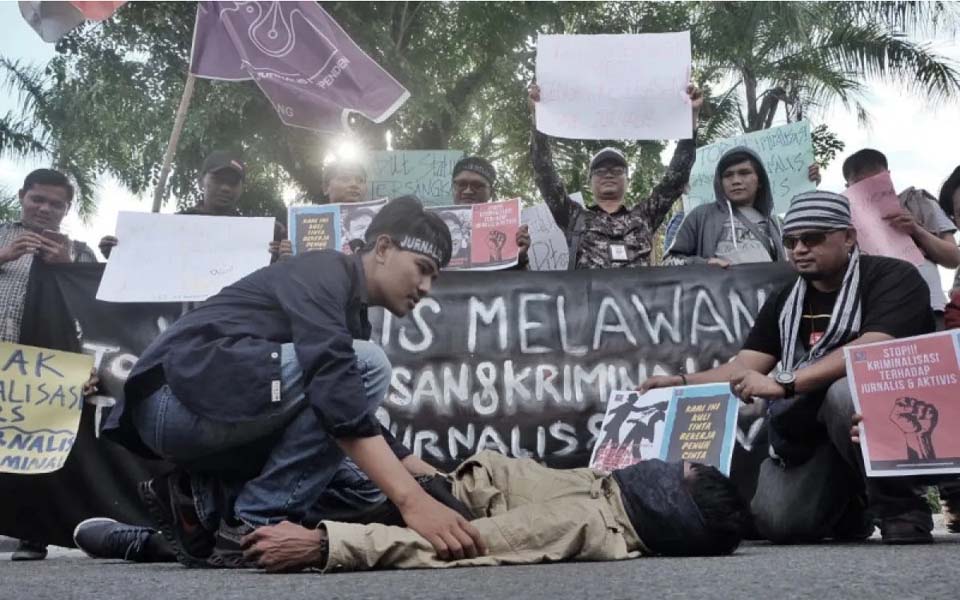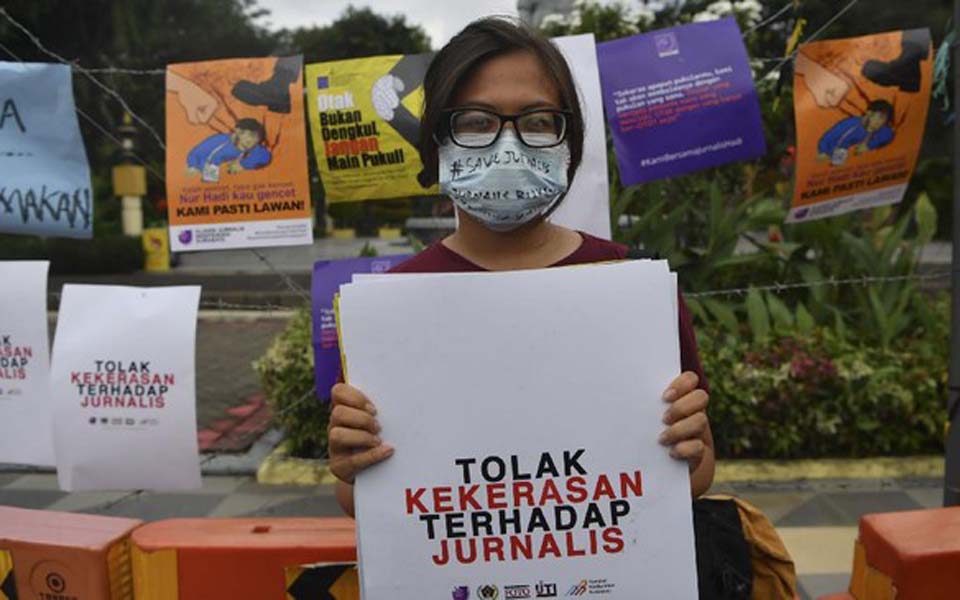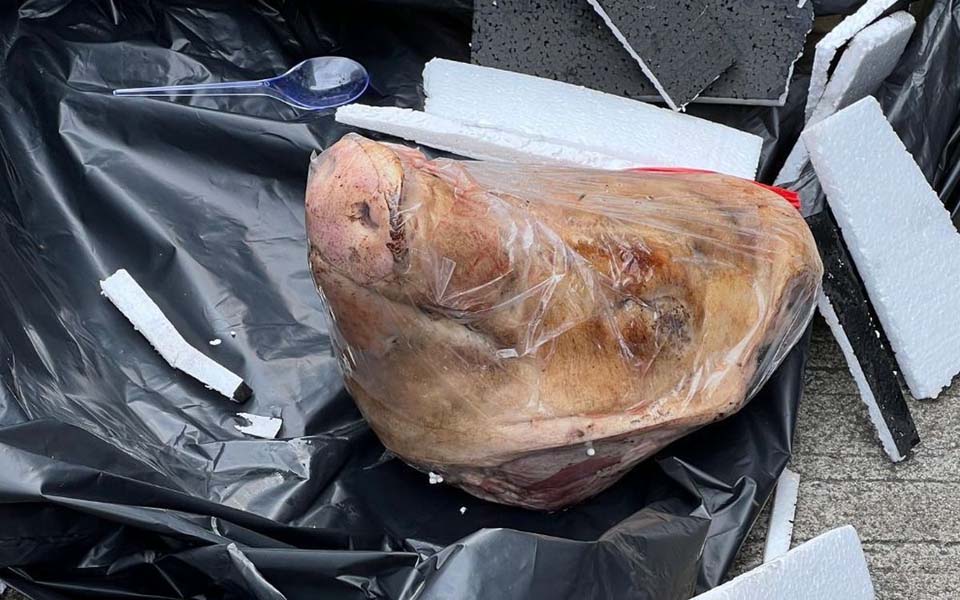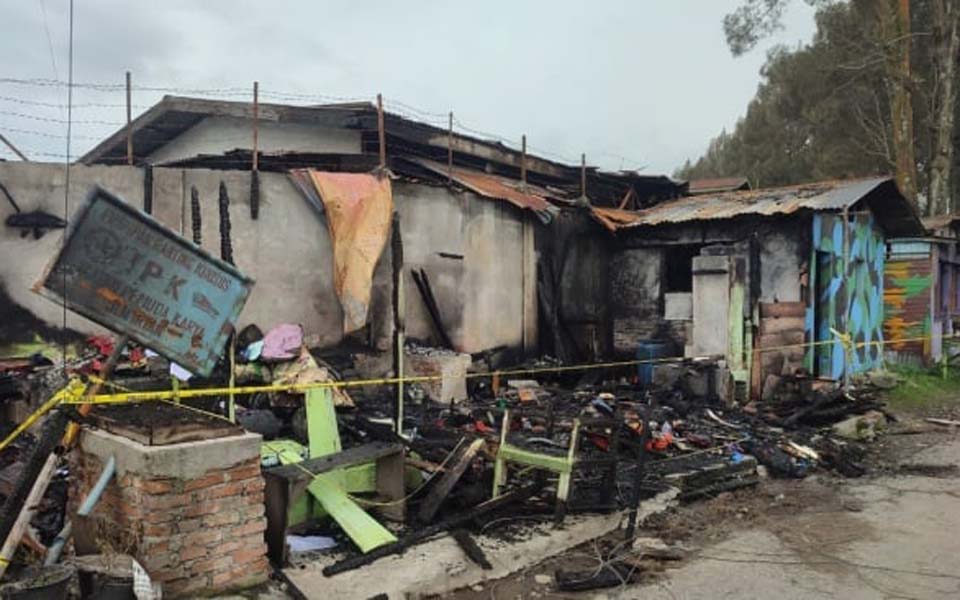Heru, Dian, Astri, Hermawan, Rei, Jakarta – Defense Minister Ryamizard Ryacudu supports the proposal by Attorney General Muhammad Prasetyo to conduct nationwide raids on communist books. Ryacudu claims that the raids are to prevent retaliation by Indonesian Communist Party (PKI) members who want revenge for the 1965 affair.
Ryacudu also claims to know that many meetings are taking place which are plotting the revival of communist ideas in Indonesia.
“If they do nothing, there’s no problem. [But] they’re meeting here, meeting there. It’s not that we don’t know there are meetings. What do they want? (the communists are still a force?). This is an issue of revenge. The PKI want revenge. [The raids are needed] so we can minimise the risk, if [we allow them] to grow it’ll be difficult later. Not to mention radical ideas. They’re the same. I understand this danger to this country”, said Ryacudu at the Presidential Palace complex in Central Jakarta on Thursday January 24.
Ryacudu believes that books are one of the ways used to spread dangerous communist ideas, so raids are needed. He says that the government will endeavor to prevent communism from growing in Indonesia.
The reason being that the PKI has already rebelled against the state three times, namely in 1926 [the 1926 rebellion against the Dutch colonial government], 1948 [the alleged PKI revolt in Madiun] and 1965 [the alleged September 30, 1965 coup attempt]. In addition to this, he believes that the reemergence of communism is just as dangerous as the radical religious movements in Indonesia.
Earlier Prasetyo proposed massive raids on books suspected of containing communist ideas.
“I’m proposing if possible yes to conduct massive raids, because bookshops in several places have said that it’s not just at my bookshop but other places [that are also selling them]. This is what needs to be paid attention to”, said Prasetyo at the House of Representatives (DPR) building in Jakarta on Wednesday January 23.
Prasetyo said that the Attorney General’s Office (AGO) is studying the books suspected of containing communist ideas which were seized earlier, although he could not say when the results of the study will be published.
“This started from the findings in Kediri, it is precisely from these reports that it will be evaluated”, said Prasetyo
The book seizures by the TNI (Indonesian military) from bookshops around the country have been widely slammed. The Institute for Criminal Justice Reform (ICJR) believes that the seizures are arbitrary. ICJR Executive Director Anggara Suwahju says that the seizures were not in accordance with legal provisions or prevailing legislation.
Suwahju said that if government officials want to seize a book they are required to obtain a court order in accordance with Article 38 of the Criminal Procedural Code (KUHAP).
“This is property, right. Seizures can only be carried out based on prevailing legal provisions and a court order. There has of course to be an actual case first, they can’t just go out and seize things just like that. We think that what’s being done is outside of prevailing legal procedures”, Suwahju told KBR last year on Thursday December 27.
In addition to this, the TNI does not have the authority to enforce criminal law or conduct raids or seizures. The TNI has no authority over cases involving civil society.
ICJR Program Director Erasmus Napitupulu says that without strong reasons and clear legal grounds these raids can be categorised as theft. And in this case the government has also taken away the public’s right to historical information.
“This was the fruit of our reformasi [the political reform process that began in 1998], one of the things we fought for was for citizens to [freely] obtain information, a state which provides education, but it hasn’t been capable of doing this. In the end citizens must look for information in other places, and then this is curbed so they aren’t allowed to read anything they want. Literacy levels are already low, books are banned. What kind of country will Indonesia become, Pak [Mr] Jokowi [President Joko Widodo] wanted a mental revolution, how can you have a mental revolution if citizens don’t read”, said Napitupulu when contacted by KBR on Thursday January 24.
According to Napitupulu, prohibiting or restricting information available to citizens can be done providing there are clear legal grounds. Because the right to obtain information is enshrined in the constitution and under law, where one of the ways to obtain information is through books.
According to Tunggul Harwanto, the founder of the Indonesia Literacy House in Banyuwangi, East Java, government officials are in too much of a hurry to raid books that are deemed to have communist content. Government officials should, said Harwanto, prioritise persuasive measures by first studying the content of books which are suspected of containing material on communism.
“So the public can fully understand history, what has happening before. These days you can’t, when there are things related to leftist symbols the government sounds alarm bells saying it’s not allowed”, said Harwanto in Banyuwangi.
Harwanto added in an era with all kinds of modern devices there are still many in the millennial generation who do not understand history and what happened in Indonesia. They only have a glimpse of history by listening to stories from their parents. So books which explain the history of the PKI rebellions should be a source of knowledge for the younger generation and not be seized or banned.
Harwanto hopes that the raids on books deemed to contain communist ideas will stop. Because these book are about Indonesia’s history and are very important for the millennial generation. So that in the future big question marks will not emerge about important events that occurred in Indonesian history.
Constitutional Court decision
The National Human Rights Commission (Komnas HAM) has also questioned the TNI’s legitimacy in relation to the raids. Komnas HAM commissioner Chairul Anam says that the raids exceed the limits of the TNI’s authority and go against a ruling by the Constitutional Court (MK).
“There is nothing at all to legitimise the military conducting sweeps of book[shops]. If indeed such actions are necessary, test it first in court, in the past it was still tested in court, but not now, book shops are just raided. This country is in the process of building democracy but there is a sharp stone which exceeds the limits on authority and goes against the Constitutional Court’s ruling”, said Anam on Wednesday January 16.
Anam said that the Constitutional Court’s ruling in 2010 revoked the Attorney General’s Office’s authority to ban books. Through decision Number 6-13-20-PUU-VIII-2010, the banning of printed materials, including books, can now only be done through a legal process and a decision by the courts.
“The MK has prohibited the banning of books, so then what are the [legal] grounds for people to conduct sweeps on books? There shouldn’t be any. The MK’s decision as the highest legal body in the country declared that book bannings are not allowed”, he said.
On December 26 last year, the 0809 Regional Military Command (Kodam) in East Java sized a number of books from bookshops in Kediri, East Java, which it alleged had content on communism.
Two weeks ago on January 8, officials from a joint team of TNI, national police and the Padang public prosecutor’s office seized six titles from three bookshops which allegedly contained communist ideas.
[Translated by James Balowski. The original title of the article was “Razia Buku Komunis karena Kuatir PKI Balas Dendam?”.]
Source: https://kbr.id/nasional/01-2019/razia_buku_komunis_karena_kuatir_pki_balas_dendam_/98741.html






